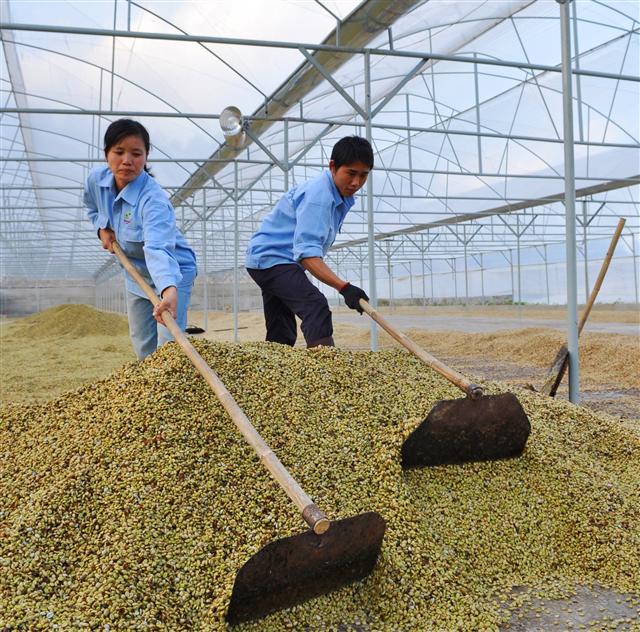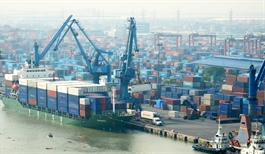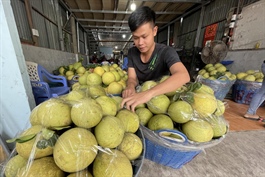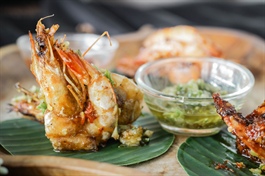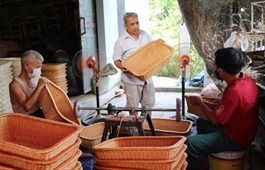Vietnam eyes logistics cooperation with South America
Vietnam eyes logistics cooperation with South America
South America is a promising market for Vietnam’s exports, but distance and limited volume of transported goods have resulted in high logistics costs, making it hard for Vietnamese goods to compete. Enterprises in Vietnam and South America are seeking closer coordination in the logistics industry.
|
High logistics costs
South America is a promising market for Vietnam’s exports, such as apparel, leather and footwear, handicrafts, aquatic products and processed food. According to the Ministry of Industry and Trade, trade between Vietnam and South America more than tripled - from US$2.45 billion in 2011 to US$8.68 billion in 2019, of which Vietnam’s exports reached US$2.7 billion and imports stood at US$6 billion, resulting in a trade deficit of US$3.3 billion. Despite increased trade, Vietnam’s exports to Argentina and Brazil have only accounted for about 1.4 percent and 1.5 percent of their total import value, respectively.
Le Hoang Tai, deputy director of the Ministry of Industry and Trade’s Vietnam Trade Promotion Agency, said Vietnam-South America trade depends greatly on available logistics services. However, distance and limited volume have resulted in high logistics costs, making it hard for Vietnamese goods to compete with rivals.
Logistics firms also face barriers related to language, cultural differences and access to market information, with the Covid-19 pandemic further curtailing global goods shipments and demand.
Digitalizing operations to improve competitiveness
Vietnam’s logistics sector is undergoing digital transformation to meet development demand following the pandemic. Matthew Taylor Pollmann, CEO of the Empresas Taylor Company, said digital transformation will offer cooperation opportunities for Vietnamese and South American enterprises in the logistics sector.
Chile will soon issue a tender to build its Valparaiso port and develop a railway system between Santiago and Valparaiso, offering opportunities for Vietnamese logistics enterprises to promote cooperation. Other opportunities for Vietnamese logistics firms lie in technological transformation projects, adoption of artificial intelligence in logistics, and Chile’s shift to green energy.
Vietnamese Trade Counselor in Brazil Le Hong Quang said Brazil is making greater efforts to digitalize administrative procedures in customs declaration, with all Brazilian businesses now required to register digital signatures.
The Vietnamese Trade Office in Brazil will connect the Vietnam Logistics Business Association with the Brazilian National Association of Cargo Transport and Logistics to exchange information and promote cooperation, Quang said.
According to Le Hoang Tai, the Ministry of Industry and Trade is reviewing administrative procedures to create favorable conditions for export and logistics firms. The ministry should also encourage logistics companies to invest in infrastructure and digitalize operations to improve competitiveness, he said.


